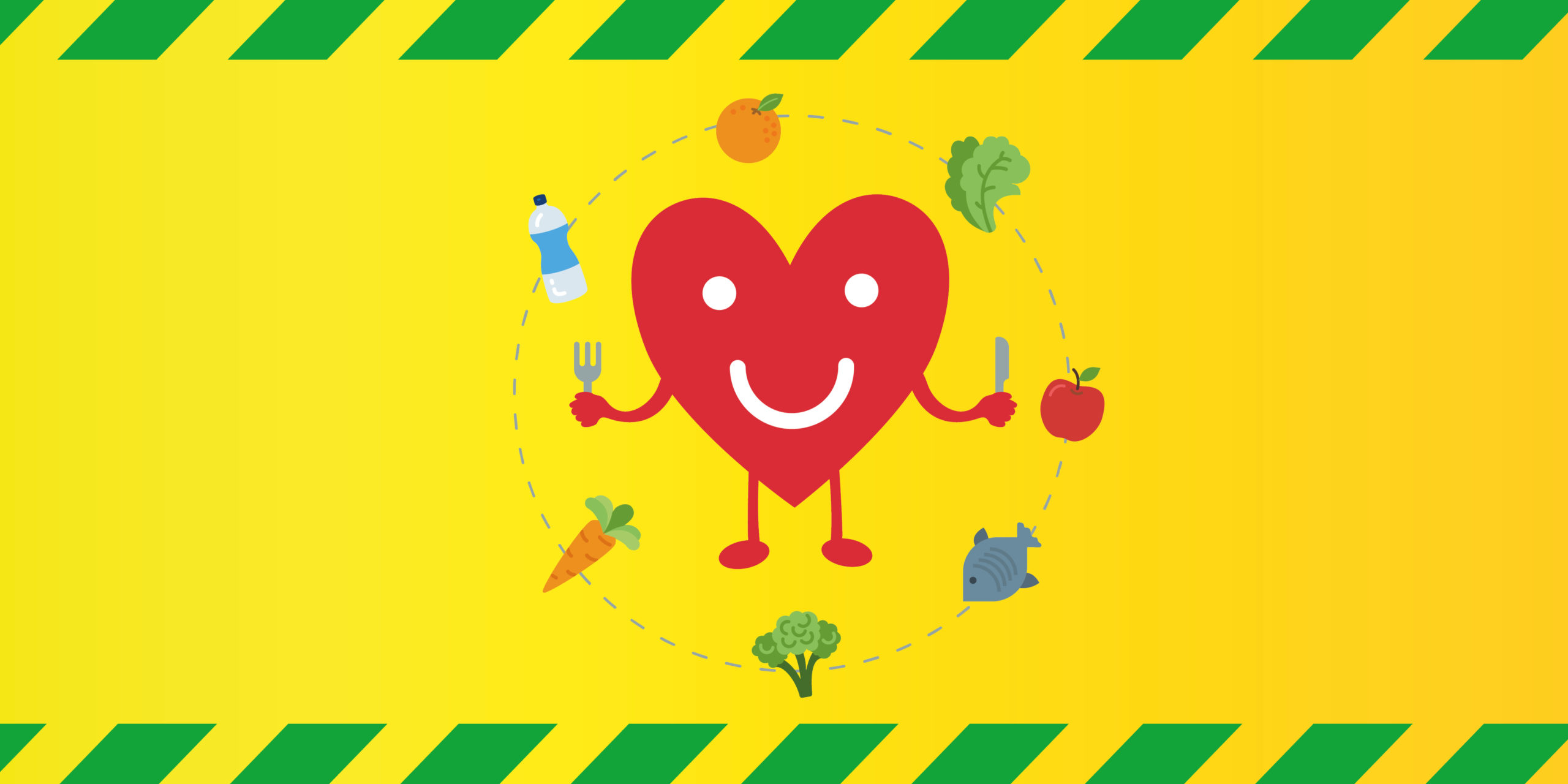Whilst the ongoing coronavirus pandemic is rightly at the forefront of health concerns at present, Cheshire & Merseyside local authorities and the NHS are urging people to remember to look after their heart health during this time.
Many people across Cheshire and Merseyside are affected by conditions that increase the risk of heart attack and stroke such as atrial fibrillation (AF), high cholesterol, and high blood pressure. Despite everything that is going on, it is still really important that these conditions are identified and well controlled. And we should all try to look after our general health and wellbeing during the pandemic.
To provide the people of Cheshire & Merseyside with extra information they may need to prevent Cardiovascular Disease (CVD) during this time, there is a new COVID-19 resource on the Happy Hearts website. It brings together the latest information, advice and support from many organisations into one place, including links to translated- and easy-to read materials, helplines, news stories, videos and more.
The Happy Hearts website has been available to patients and professionals across Cheshire and Merseyside since 2018. During the COVID-19 pandemic, the public, patients and carers are encouraged to find out the latest advice and key messages about atrial fibrillation, high blood pressure, high cholesterol, and simply staying happy and healthy, by going to www.happy-hearts.co.uk.
Visit the new COVID-19 Happy Hearts resource at www.happy-hearts.co.uk.
If you need medical help, the NHS is still here for you too! Help us help you get the treatment you need. If you need your GP practice, contact them either online, by an app or by phone to be assessed. If you need urgent medical help, use the NHS 111 online service. If you cannot get help online, call 111.
Worryingly, there has been a noticeable drop in admissions to Accident & Emergency departments for suspected heart attack and stroke, and those who do attend are often doing so later, which can make it harder to treat these conditions. If it’s a serious or life-threatening emergency, call 999. And if you are advised to go to hospital it is important that you do go. For example:
- If you or a family member develop symptoms such as heavy or tight chest pain that may spread to your arms, neck or jaw, or make you breathless, sick, sweaty or light-headed and that doesn’t go away, this could be caused by a heart attack. Dial 999 immediately.
- You can spot the symptoms of a stroke by using the FAST test:
- Face – is the face drooping / fallen on one side? Can they smile?
- Arms – can they raise both arms and keep them there?
- Speech – is it slurred?
- Time to call 999 if you see any of the above signs
If you have symptoms that could be a heart attack or stroke – Dial 999.
